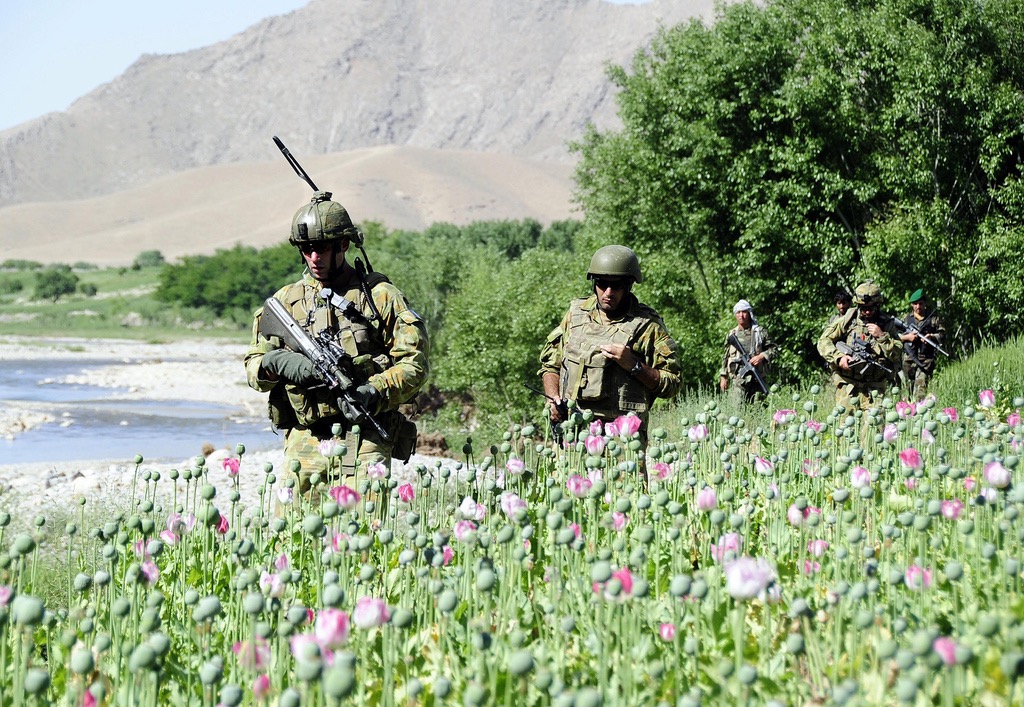Guest Column: Solving America’s Opioid Crisis Means Pulling Out Of Afghanistan
“We need to expand our vision outside of purely American public health concerns …”
by MITCH POSTICH || Painkillers are more effective, and scarier, than ever. Chemists have honed thei
